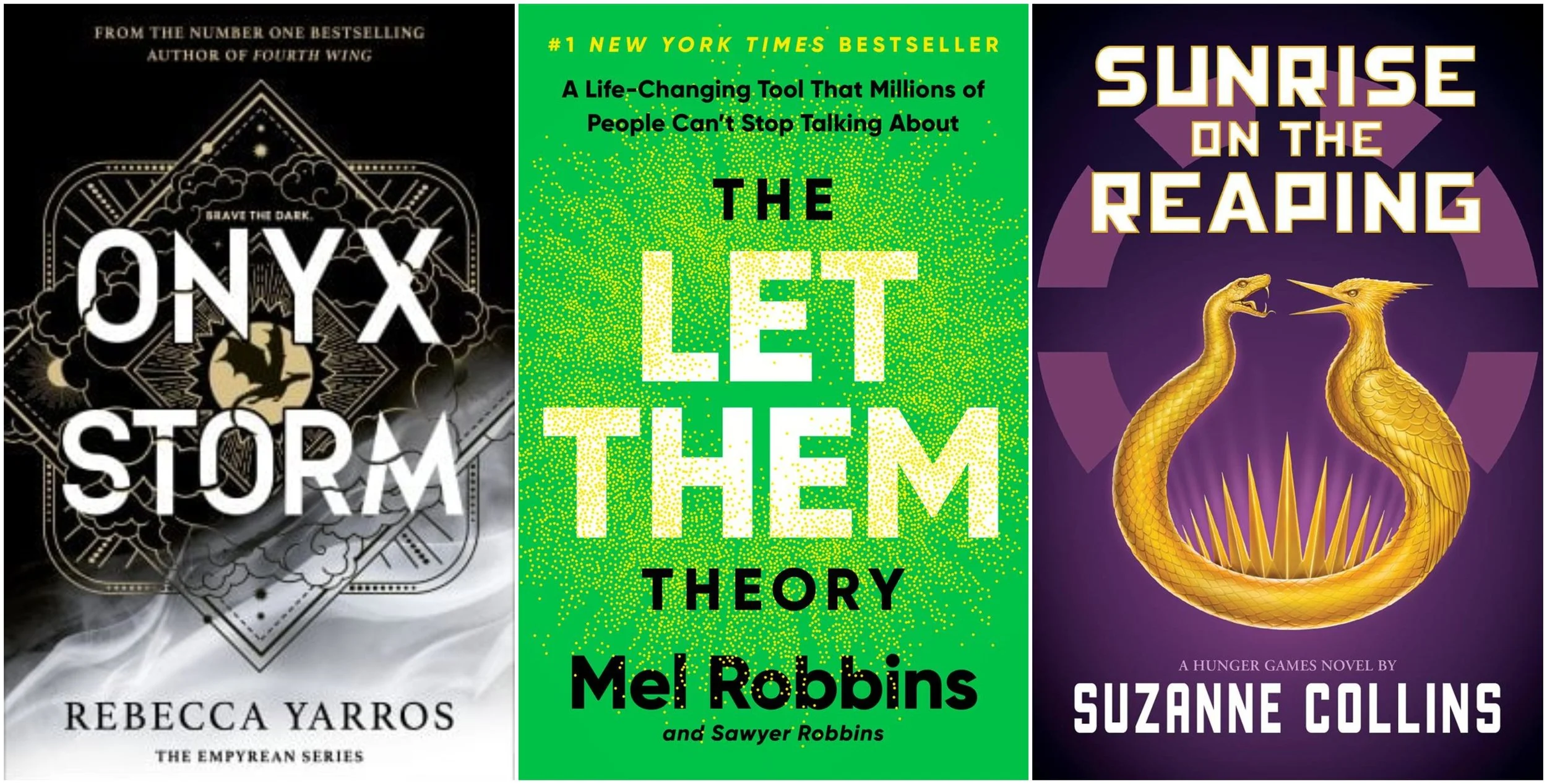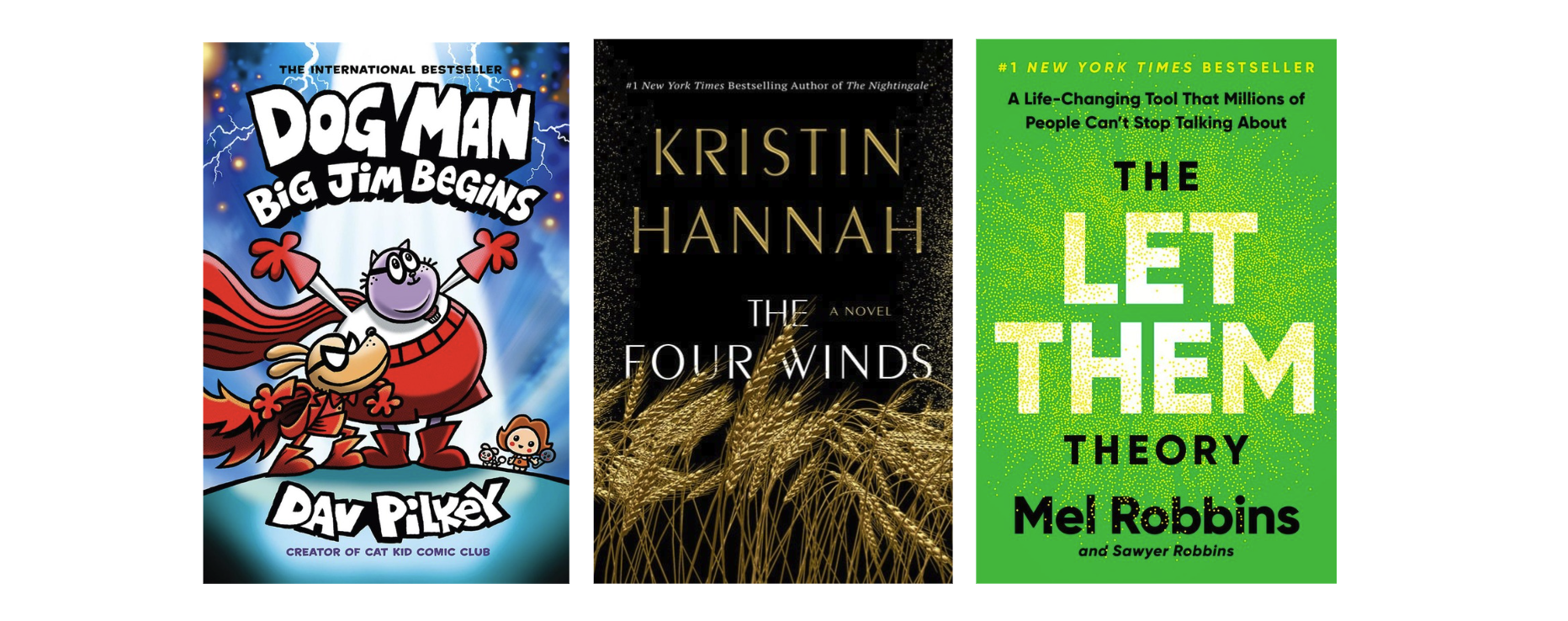How do you best represent the names of your publisher and imprint in your metadata? Publisher Name and Imprint Name are linked in ONIX but everything starts with Publisher Name so let's begin there.
Best practices for Publisher Name
The Publisher Name in metadata is your company name. It's the name you want your trading partners to use for associating their account records with your business. It’s a good idea to use the same Publisher Name, identically spelled, in all your metadata so that all the ISBNs you own can be reliably linked in their records. (It helps you get paid.)
There's no requirement that you provide the full "legal" name with Incorporated, Limited, or some abbreviation thereof, but there should be a recognizable relationship between the name used and a legal entity the company controls. For small companies, that's typically a one-to-one relationship but multinationals may be representing many legal entities under multiple corporate umbrellas. It's business: It's as crazy as you want it to be and the metadata represents it.
We further recommend that every record have just a single Publisher Role “01” (publisher).
What about co-publishing?
If your company has co-published books, the requirement for a single “01” entry remains true; any additional organizations can be listed as “02” (co-publishers) or with another role. There are two reasons for this:
In ONIX, Publisher Name should identify a single company just as one Contributor composite is used for an individual or a single corporate entity. If you merge two company names in a single Publisher Name entry, it implies the existence of a new (dual-named) company that retailers need to match to.
In multiple publisher records, the single “01” (publisher) identifies the publisher who the supplier works with (i.e., the publisher who collects the money).
The rationale for this advice is simple: In order to be used, data has to be predictable. For most records, end users expect and get one publisher entry. Choosing between two or more is an exception, so you eliminate confusion by making it easy (single "01") and giving them a single familiar name (same spelling) that they can match to an account.
ONIX doesn't mandate this; you're allowed to do it other ways because there are cases when that might be needed. Strictly speaking for ONIX, only one of Imprint or Publisher is "mandatory." Our optional but recommended advice on this is solely based on creating the least friction when dealing with retailers and trading partners in regular metadata feeds.
How to be a good trading partner
I think most publishers get that their trading partners need predictable and reliable data. They get it to the extent that some feel it’s okay to make different choices in the digital supply chain than they do in the print ones. I mean, why not? The supply chains are different, the account structures are different, so why shouldn’t you use a racy acronym or abbreviation as your digital Publisher Name? Sometimes the differences seem unintentional and likely the result of separate systems not kept strictly in sync. But here's why it matters: because of discovery data — data used by third parties; data aggregated in systems like BiblioShare, Bowker, or Nielsen; or any data used by libraries.
All of those third parties expect to be able to match all the published formats of a book together. Implying that a different company publishes the digital product by using a Publisher Name variant creates a difference that contradicts the matching title, work identifier, and Related Product entries. When creating a unified record, i.e., a "book" record listing all formats, how do you determine who published the book when multiple Publisher Names are present in the metadata? While you may take care of that as part of cataloging, it remains a problem if the end user is searching data directly. For example, if a format is available but doesn't turn up in search, an end user cannot purchase it even if they wanted to.
All records representing the same book, regardless of format, should share the same Publisher Name for all the reasons above. We know good metadata can increase sales. I can't prove it but I hold these as self-evident:
Friction in data can result in lost sales.
The right data in the right place can increase sales.
End users buy the format that matches their needs.
What's in a brand?
Here's a romantic image of early publishing: stained women and men using brute force to impregnate vellum with ink. Back then Imprint meant something literal: It was the name of the responsible company, permanently appearing on the book and standing behind the author. Today, if Publisher Name is your company name, then Imprint Name is usually considered to be the “brand” the book is published under. The imprint still appears conspicuously on the book and is typically included at the bottom of the spine. The publisher's name typically has pride of place at the bottom of the title page (associated with the cities the publisher works from) as well as in any legalese, leaving the imprint to appear visibly on the exterior.
A publisher's name is often their brand, but does that imply that an imprint is a legal entity to the same extent as a publisher? Not always. It might be trademarked or represent a division or other structural difference within the publishing company and if so, at least some of the time, an imprint is a legal entity, but sometimes Imprint Name is simply a marketing choice.
Metadata is an exchange; just because it's your brand doesn't mean that you have the last say in how it's used. End users expect to use Imprint and Publisher Name as meaningful identifiers and, because Imprint Name might have a legal status for some publishers, end users expect them to be used in stable and predictable ways on all books. This is particularly true of libraries and companies like Bowker that service them. They may not remember vellum, but they do remember the days when an imprint was assigned its own ISBN prefix by a publisher.
For all intents and purposes, anything said about Publisher Name applies to Imprint Name as well — except that while changing your Publisher Name should be done formally and rarely, Imprint Name can be expected to change more often.
Who to tell when changing your names
If you have a reader base that would care, you should treat them that way, especially if it involves editorial shifts in how you might identify the authors, books, and subjects they care about. Generally though, it's the industry and the companies you work with that need to know. Their systems may have hardcoded values and expectations.
Who you tell when changing an Imprint Name is the same as when you make changes to Publisher Name — any trading partner whose system needs to know. Do you know which do? No? Exactly. Even if you knew, the list would be dated by the time you needed to use it. So tell all of them. Anyone who handles your product or your data may be interested: retailers, wholesalers, distributors, sales reps, catalogue services, freelancers, etc. Be sure to include companies like BookNet, Bowker, and/or Nielsen. Don't forget foreign distribution and marketing partners; the last thing you need is their data messing up yours — metadata travels.
Your logo likely changed, too, so use that announcement to distribute replacement images or at least offer them.
This is the first part in a three-part series on best practices for using Imprint and Publisher Name in your metadata. Next we'll talk about some case studies that illustrate ways Publisher Name and Imprint Name interact and the typical problems we have noted.















Insights into romance trends and the performance of Heated Rivalry.